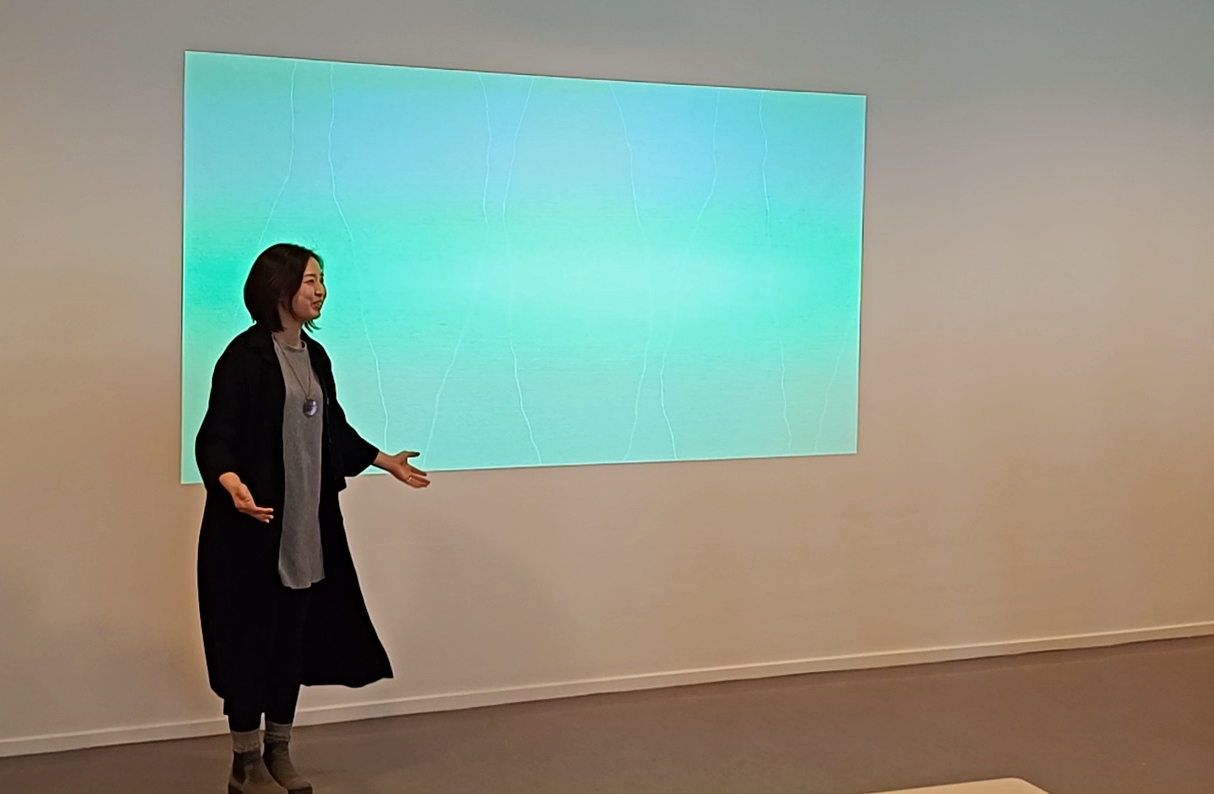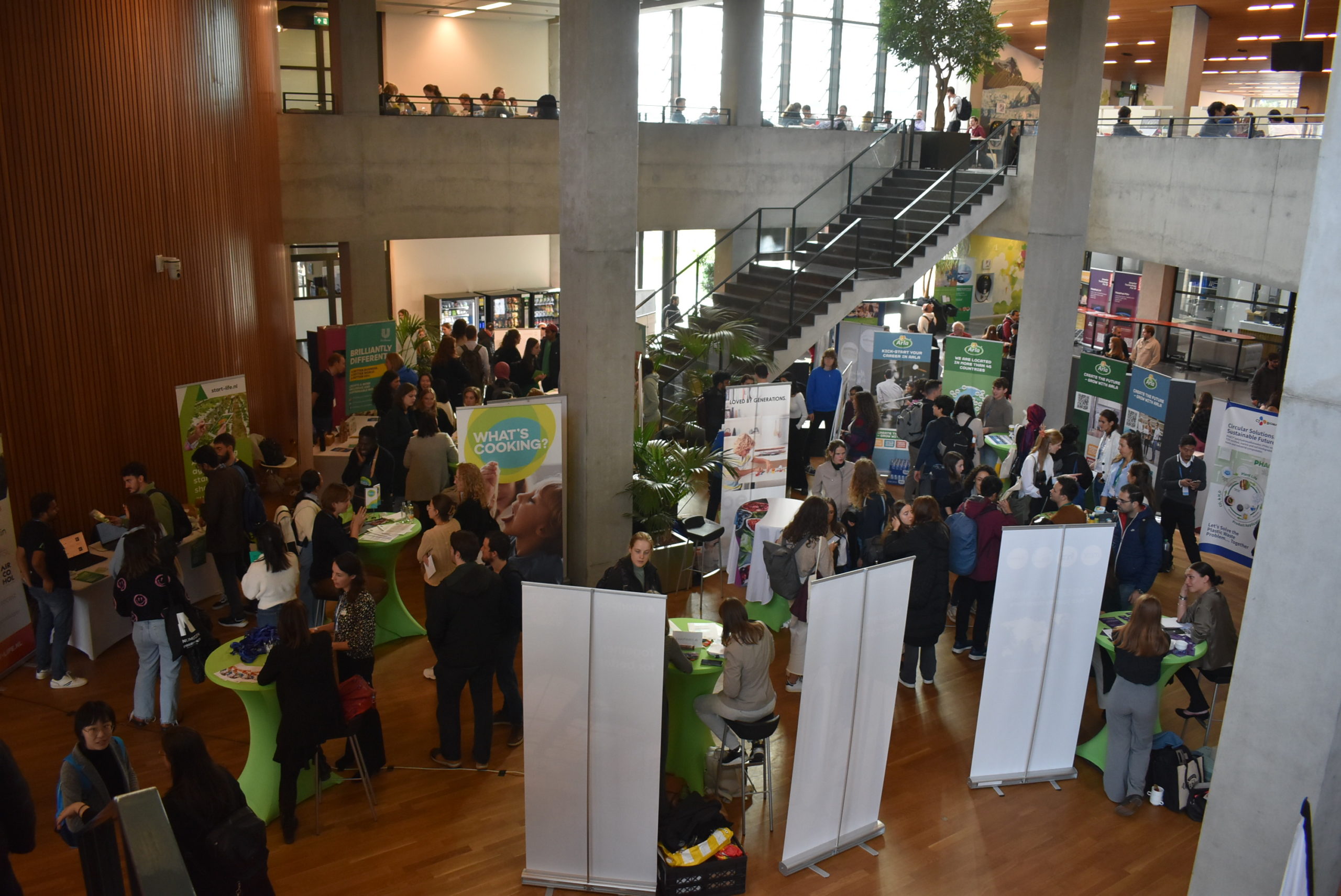Female scientists with a temporary contract are more vulnerable to unequal treatment and discrimination, a study conducted by the Ministry of Education, Culture and Science (OCW) shows. The study was conducted at the request of the House of Representatives. This is one of the reasons women are more prone to abandon a scientific career than men.
According to this investigation, a lack of job security, the brutal battle for research funding, and high work pressure are major reasons for both men and women with temporary contracts to abandon a career in science. Women who choose to leave the academic world experience the abovementioned effects more severely. Children, lack of clarity on assessments and rewards, and a poor balance between work and private life are additional effects women cite more frequently than men.
Women with a temporary contract are more frequently asked about their desire to have children and receive negative reactions to a pregnancy
Moreover, women with temporary contracts are more likely to be discriminated against or treated unequally than women with permanent contracts. The study also shows that many are confronted with explicit questions regarding their desire to have children or face negative reactions when they become pregnant. These experiences may add to the other reasons to depart.
The researchers base their conclusions on a survey completed by five hundred male and female scientists and interviews with forty women, among whom academics that have never held a job in a scientific environment, but also some who did and abandoned academia.
Increased parenting leave
In order to reduce the number of dropouts among scientists, better working conditions are needed, according to the researchers. Particularly women could benefit if employers grant men extended parenting leave. Moreover, training could help counter unconscious bias among managers.
Minister Dijkgraaf says the findings support a recent KNAW study on social safety in Dutch science. He will discuss this issue later on in this year when he presents his new safety policy.

 Children, career? Female scientists are still the subject of all manner of impertinent questions. Photo Insung Yoon via Unsplash
Children, career? Female scientists are still the subject of all manner of impertinent questions. Photo Insung Yoon via Unsplash 


Thank you, very good that this is addressed. One important point: the picture used for the article connected to the title likely helps continue people’s biases in connecting women (and their careers) with motherhood…
Thanks for your feedback, Yuca. The selection of this image is ediorial driven: the persisting ‘baby bias’ for female scientist is exactly what this article is all about. (And I saw a subtle hint in it: the teddy bear is studying…)